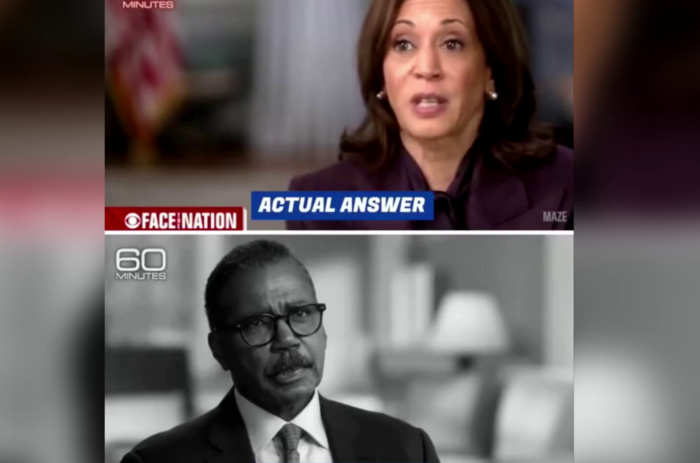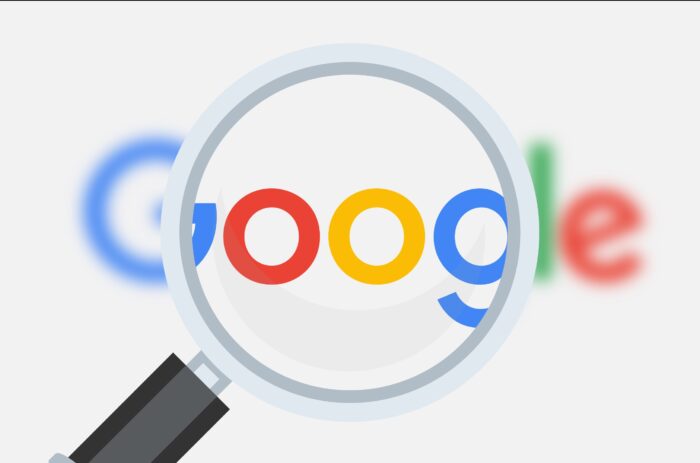redo Jump to...
print Print...
Directions
Read the excerpt below (from Jeff Poor's Jan. 28 post at BusinessandMedia.org). Read "Types of Media Bias" in the right column. Then answer the questions.
from the BusinessandMedia.org post:
It’s become routine – another day, another downbeat economy story.
The February 4 Newsweek was no exception with its “Road to Recession” cover for the story “The U.S. Economy Faces the Guillotine,” written by Daniel Gross. [He states]:
The Great Global Market Freak-Out of 2008 has everyone asking whether the United States – already on the road to recession – is entering into a protracted period of economic trouble where jobs will be slashed, prices will continue to rise and the dollar will keep falling; and if so, whether the declining U.S. economy will pull the rest of the world down with it. A recession is defined as a widespread contraction in economic activity lasting more than a few months, and because of the lag in financial data, recessions typically aren’t officially declared until long after they start. In short, the United States could already be in one.
What Gross left out was the other side – the possibility the economy will be fine and stave off a recession. There are prominent economists who aren’t completely convinced that the United States is “on the road to recession,” as Gross wrote.
Brian Wesbury, an economist for First Trust Advisors, L.P., wrote the following in the January 28 Wall Street Journal:
“Models based on recent monetary and tax policy suggest real GDP will grow at a 3% to 3.5% rate in 2008, while the probability of recession this year is 10%. This was true before recent rate cuts and stimulus packages. Now that the Fed has cut interest rates by 175 basis points, the odds of a huge surge in growth later in 2008 have grown. The biggest threat to the economy is still inflation, not recession.”
………………………………………..
And how about a bright spot in Gross’s Newsweek story? He wrote, “That doesn’t mean the world is facing the Great Depression II – the world’s economies are radically different than they were fourscore years ago, when our forefathers were forced to beg for dimes.”
Wesbury, however, offered an extremely optimistic projection for 2008 – a contrary notion rarely acknowledged.
“[T]he bottom line is the data don’t show the problem,”Wesbury said. “Remember the consensus forecast for third-quarter GDP [of 2007] was 2 percent. It came in at 4.9. The consensus forecast for fourth-quarter GDP was zero. It has now been raised to 1.5.”
Wesbury said he wasn’t officially forecasting it, but said he believed the U.S. economy could see “a 5-percent GDP number in the third or fourth quarter of ’08.” That’s a view that is often not heard in the recent rash of bad economic stories in the mainstream media.
To accurately identify different types of bias, you should be aware of the issues of the day, and the liberal and conservative perspectives on each issue.
Types of Media Bias:Questions
1. Explain how the Newsweek article referred to could be an example of bias by STORY SELECTION and OMISSION.
2. Do you think that overall the news media is giving an honest portrayal of the state of the economy (in reporting that we are headed for economic crisis)? Explain your answer.
3. Ask a parent to read the excerpt below and answer the same question.
Scroll down to the bottom of the page for the answers.
Answers
1. The Newsweek article referred to could be an example of bias by STORY SELECTION and OMISSION because it leaves out the other side — the possibility that the economy will be fine and stave off a recession.
2. and 3. OPINION QUESTIONS. Answers vary.



